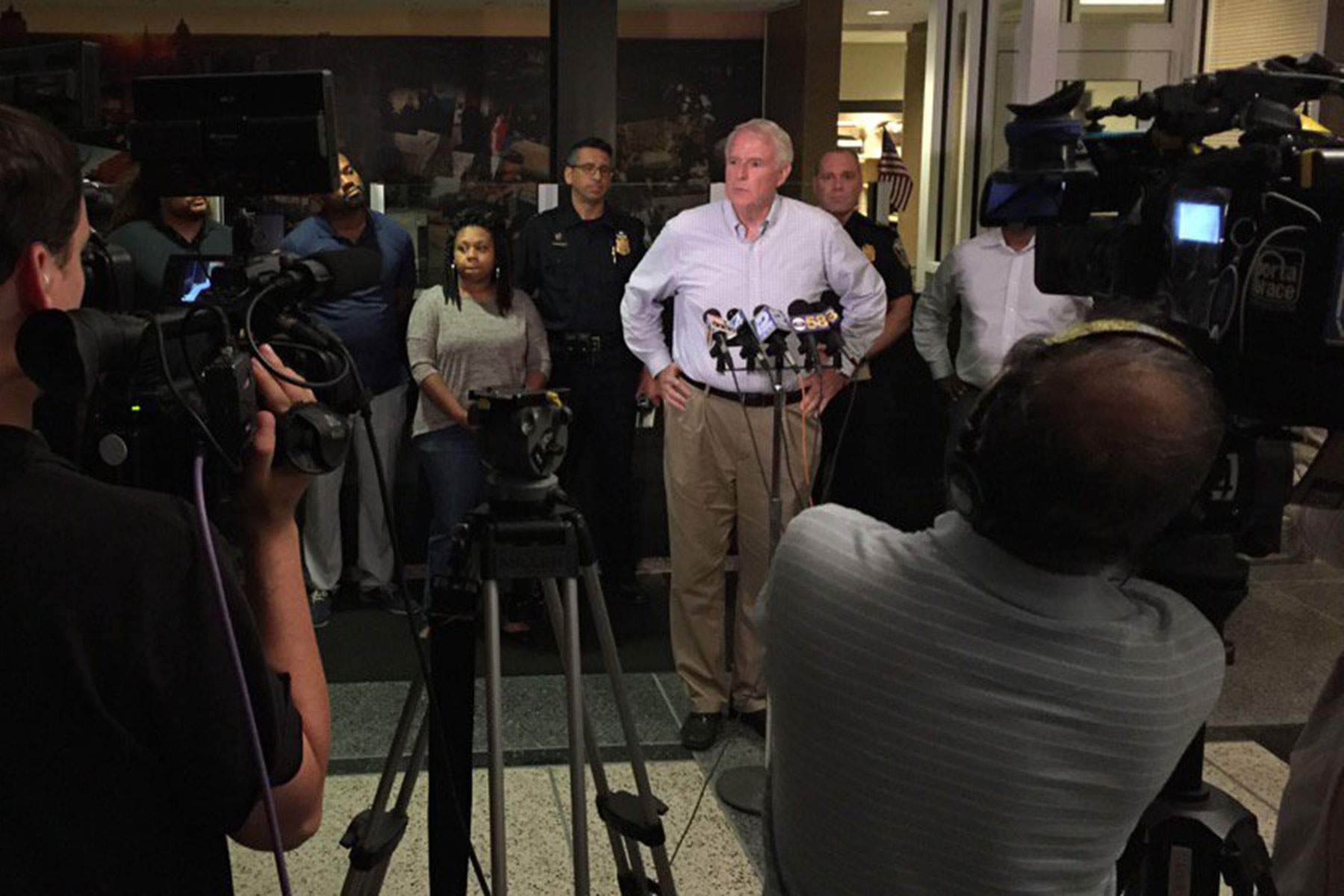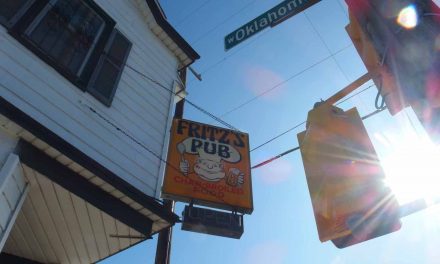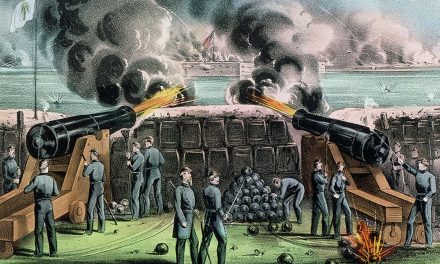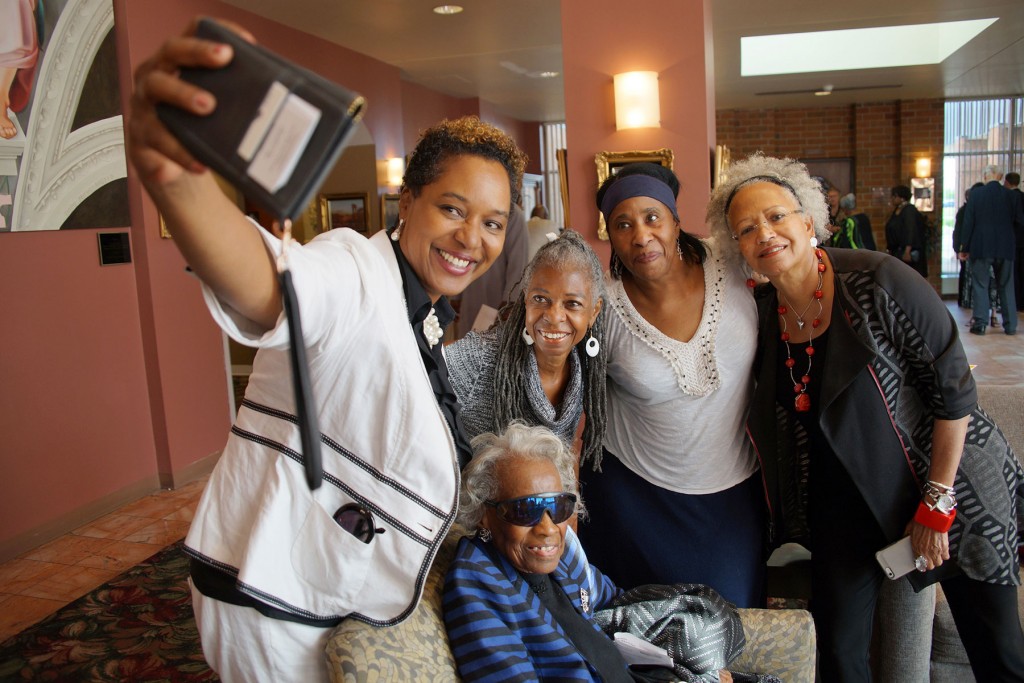
At a midnight press conference on August 14, Milwaukee Mayor Tom Barrett told the public that an incident of unrest on the north side had begun to calm down.
In the wake of a police involved shooting earlier in the day, a crowd estimated at more than hundred gathered in the aftermath. The violence led to the extensive destruction of public and private property, with local businesses set on fire and stores looted. Mayor Barrett and city leaders repeatedly implored parents to get their children home if they were not accounted for, and to help defuse the situation.
Milwaukee City Council Members had just announced a faith-based community resource program called All Things in Common on August 10. Those same Aldermen joined with the Mayor in a televised appeal that called for restoring order. While condemning the actions of the mob, several of the city leaders also promised to advance progress on solving the underlying social problems that led to the night of unrest.
Editors Note: Much will be said about this event in the hours, days, and weeks ahead. The images taken from the night and its aftermath will continue to drive discussions and opinions, as well as longstanding divisions. Tonight is a painful experience for anyone who lives in Milwaukee. This report is an effort to share a few of the voices that spoke at tonight. And through them, to offer perspective for the conversations about healing that result from this moment, when a beloved neighborhood of Milwaukee fell into chaos and reminded us all of the price we pay and part we play in our community.
Ashanti Hamilton, Milwaukee Common Council President:
“We all have to work together to restore a sense of calm to this neighborhood. And so we are calling on everyone to do what they possibly can. We understand the frustration that many people feel, with the police community relations situation that is happening nationally. But we want to be able to gather the information.
When we get some news, we are going to share it with the public. There is nothing to hide. We want to make sure that all the information is going out to people in a timely manner.
We have to go through the process of finding justice. But we have to be able to restore order to these neighborhoods. We want to call on community members to please participate in restoring order. We have a lot of officers and resources going into these neighborhoods right now to restore the calm, but we have to do it together. Please allow the process to work.”
Pastor Robert Randolph, coordinator of the “All Things in Common” initiative
“There are many words to describe today’s tragic events in the Sherman Park area of our great city. Disturbing, unnerving, and unfortunate are a few that come to mind. But unexpected is not one of them.
For years people of color have dealt with what Dr. Martin Luther King Jr. called the ‘manacles of slavery.’ Not slavery in the colonial sense, but slavery manifested in governmental policies that favor the well-to-do, institutionalized subpar education in urban communities, systemic poverty, mass incarceration, over-policing, and racial inequality.
To further antagonize the situation, greedy unscrupulous corporations and special interest groups, have exploited black culture for financial gain. In the process they have significantly contributed to eroding our racial identity and moral standards. I believe that what we’re seeing acted out by frustrated young people in Milwaukee, is the result of them feeling that their only recourse is to shout with their hands because their voices aren’t being heard.
If an honest commitment isn’t made to build a hope and a future for the disenfranchised, tonight is only the beginning of our troubles. Truth is, Milwaukee has defaulted on it promissory note to people of color.
Milwaukee continues to be one of the most racially segregated cities in the country and one of the most divisive politically. But It doesn’t have to be this way. To effect real sustainable change in Milwaukee, we must first make a commitment to doing the gritty and often difficult work of restoring integrity.
We must heal the fear and mistrust among those with money and those without, those with education and those without, those who believe in God and those who don’t. We must subscribe to the truth that we have been conditioned to believe that we’re too different to be the same. When in all actuality, we all want the American dream, even if right now it seems like a nightmare.
I want to say, in no uncertain terms, that what these young people are doing in the city is egregious, it is ridiculous, it is counter-intuitive, and it is counter-productive. I understand their passion and their emotion. But we cannot repay evil for evil. And we cannot reciprocate the same kind of treatment given to us if we expect to get any results.
Dr. Martin Luther King Jr. said that only love can drive out hate. But more specifically, we have to get the powers-that-be to the table for a discussion about the caste system in place, and the policies that perpetuate this kind of uprising. I understand that we are living in the generation of the fatherless fatherless youth, so I understand their frustration. But at the same time, to teardown the neighborhoods we are raising our children in is absolutely deplorable.
So I support a conversation between the police department, legislation, faith-based organizations, and community residents about how we can come together to do something constructive and not destructive.”
Alderman Russell Stamper II:
“I don’t know we’re going to do, but we have to do something. I am alderman of the 15th district where I was born and raised. I was raised in Sherman Park. I love Sherman Park. I’m fighting tears right now.
When people begin setting [things] on fire, it’s because they feel they can’t do anything else. That’s what it means. It comes from helplessness. And these people put us in office to help. I ran for office to help. We haven’t been doing enough.
Everyone is playing politics, and no one is playing life. Our people are living and dying on the streets. They don’t care about politics. Our community is in pain. I wanted to let everyone know the other side of this situation.
God bless this city. I love this city. We are going to put resources in the new budget, I’m going to find it. We’re going to work towards organizing these neighborhoods. Involving the pastors who are a large part of this community, the strength of this community. And we are going to partner with people who want to make a difference.”
Alderman Khalif Rainey:
“The city has watched this particular neighborhood, throughout the entire summer, be a powder keg. From incidents in the park, to shootings, this entire community has witnessed how Milwaukee, Wisconsin has become the worst place to live for African Americans in the entire country. Now this is the warning cry.
Where do we go as a community from here? Do we continue with the inequity, the injustice, the unemployment, the under-education that creates these byproducts that we see this evening? Do we continue that?
Something has to be done here in Milwaukee, Wisconsin to address these issues. The black people of Milwaukee are tired of living under oppression. This is their existence. This is their life, and the lives of their children.
What happened tonight was not right, I am not justifying that. But no one can deny the fact that there are racial problems here that have to be rectified.”














